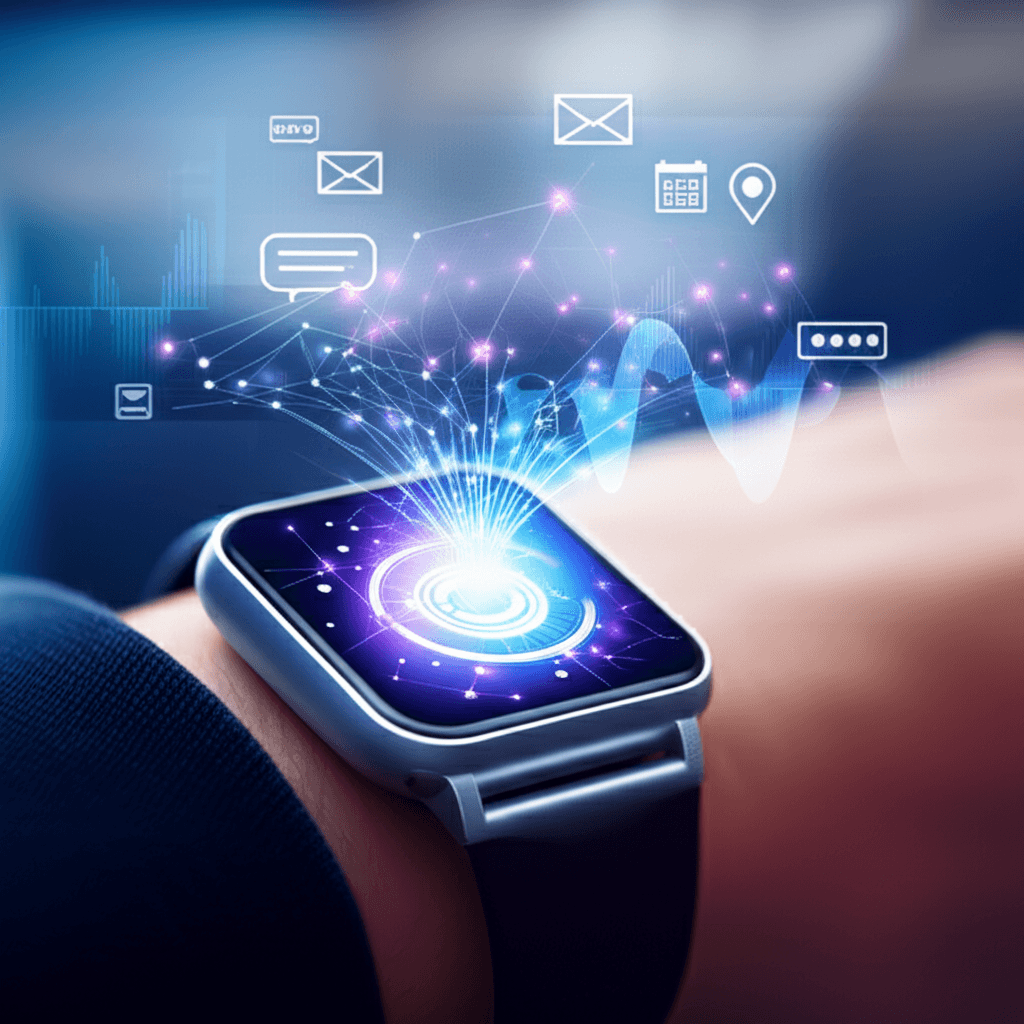Google's Gemini AI transforms smartwatches into intelligent, conversational companions.
Google's advanced AI brings conversational and context-aware intelligence directly to your wrist, transforming smartwatches into truly intelligent companions.
July 9, 2025

Google has initiated the rollout of its advanced artificial intelligence assistant, Gemini, to its lineup of Android smartwatches, signaling a significant step in the integration of powerful AI into wearable technology. This move brings the conversational and context-aware capabilities of Gemini, previously available on smartphones and desktops, directly to the user's wrist. The update is slated for devices running Wear OS 4 or later, a list that includes Google's own Pixel Watch series as well as popular models from partners like Samsung, OPPO, OnePlus, and Xiaomi.[1][2][3] The introduction of Gemini to this ecosystem represents a pivotal upgrade, promising a more natural and intelligent user interaction that could redefine the role of smartwatches in daily life.[2]
The core of this upgrade lies in replacing the more rigid, command-based Google Assistant with the flexible, natural language understanding of Gemini.[1][4] Built on a more advanced large language model, Gemini is designed to comprehend complex and conversational queries, a marked improvement over its predecessor which often required specific phrasing to execute tasks.[5] Users can now activate the AI assistant by saying "Hey Google," pressing and holding the watch's side button, or tapping the Gemini app icon.[2][6] This allows for a more fluid and intuitive experience, particularly useful in situations where interacting with a phone is impractical, such as when cooking with messy hands or during a workout.[2][7] For example, a user can ask complex questions like, "For how long should I roast sliced vegetables, and at what temperature?" and receive a concise answer directly on their watch.[2] This shift from a simple task executor to a knowledgeable assistant marks a fundamental change in how users can leverage their wearable devices.
Beyond answering complex questions, Gemini's integration with other Google applications provides a new layer of contextual productivity. The AI can access and process information from a user's Gmail, Calendar, and other connected apps to provide personalized assistance.[4][6] A user rushing between meetings could ask, "Where's the coffee place Emily emailed me about?" and Gemini can retrieve the location details from their emails without the user ever needing to pull out their phone.[6] This capability extends to performing multi-step tasks that were previously cumbersome on a small screen, such as summarizing recent emails from a specific contact, adding a sports team's game schedule to the calendar, or creating a custom music playlist for a run.[4][8] The assistant also features a "memory" function, allowing users to store and recall small pieces of information, like a locker number or parking spot location, enhancing the device's utility as a personal organizer.[4][7]
The rollout of Gemini to Wear OS is a strategic move for Google, firmly planting its most advanced AI in the burgeoning wearables market.[9][10] The integration began with the new Samsung Galaxy Watch 8 series, which was the first to feature Gemini out of the box, with a broader automatic update for other compatible devices to follow "over the coming weeks."[6][11] To be eligible, a smartwatch must be running Wear OS 4 or a newer version and be paired with a phone that has the Gemini app.[11] For watches that will upgrade to the forthcoming Wear OS 6, Google has promised continued support, including integration with watch manufacturers' own native applications.[2][6] This broad compatibility underscores Google's ambition to create a consistent and powerful AI experience across the diverse Android hardware landscape, solidifying its position against competitors in the increasingly AI-driven tech industry.
In conclusion, the arrival of Gemini on Android smartwatches is more than a simple software update; it represents a paradigm shift for wearable technology. By replacing the functional but limited Google Assistant with a sophisticated AI capable of understanding natural language and performing complex, context-aware tasks, Google is transforming the smartwatch from a passive data tracker into an active, intelligent companion.[12][13] This integration not only enhances the daily utility of these devices but also points towards a future where AI is seamlessly woven into the fabric of our everyday lives, accessible from the most personal and convenient of interfaces: the watch on our wrist.[9][10] As the rollout continues and users begin to explore the new capabilities, the true impact of having a powerful AI assistant just a glance away will become increasingly clear, likely spurring further innovation across the entire wearables industry.
Sources
[2]
[7]
[8]
[10]
[11]
[12]
[13]